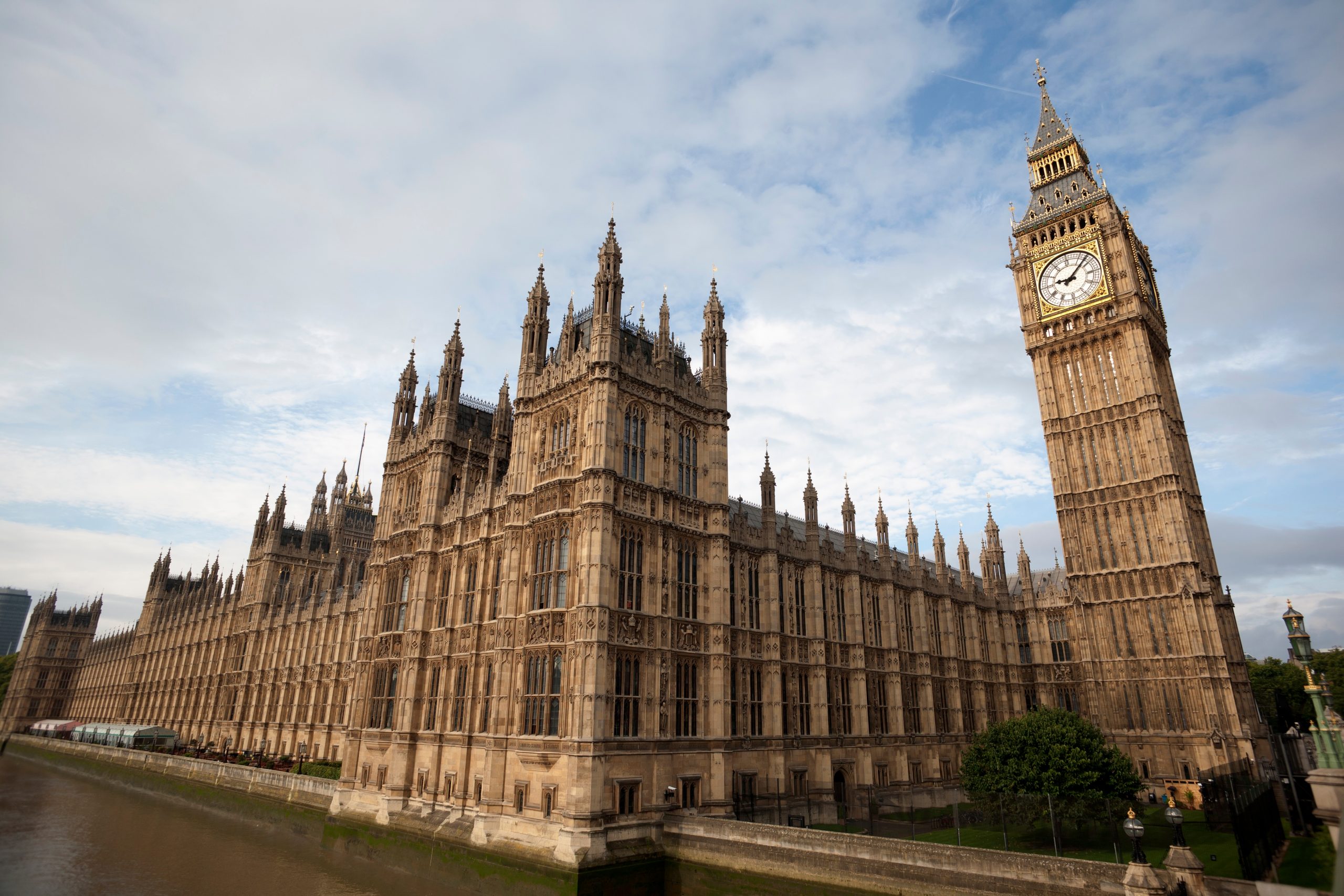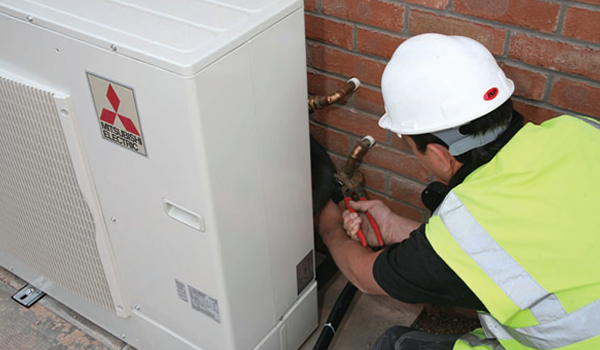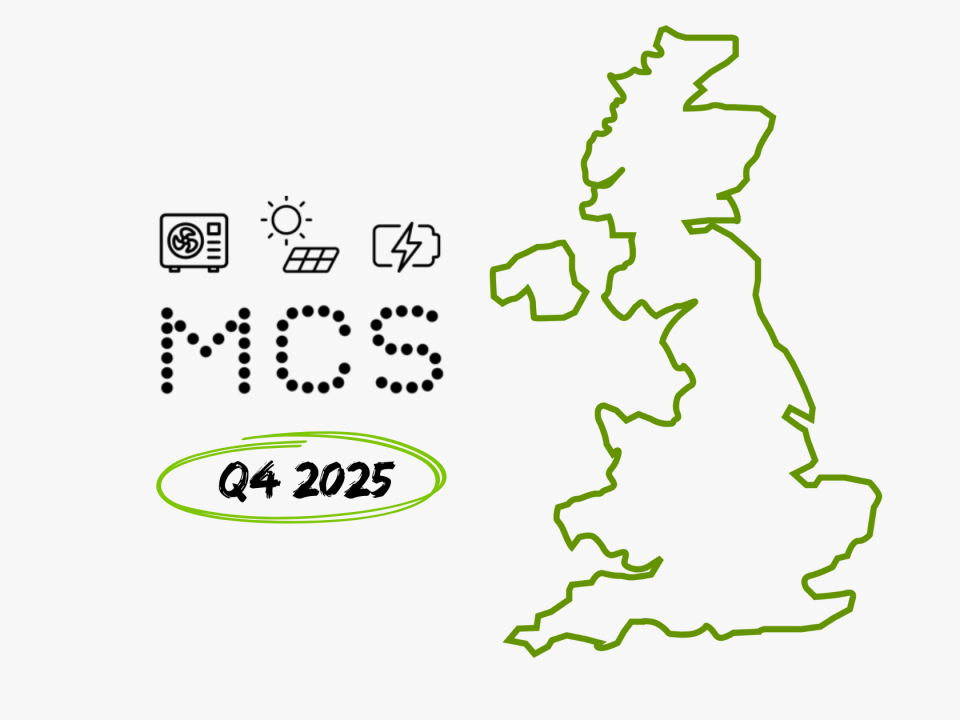
Clean Heat Grant to Replace the Renewable Heat Incentive
September 13, 2021
Government unveils ‘landmark’ modernised Energy Charter Treaty to rebuff legal challenges whilst pursuing decarbonisation
June 27, 2022Hydrogen infrastructure won’t be viable for domestic heating applications at scale for at least the next decade, research from Imperial College London’s Energy Futures lab has found.
Commissioned by MCS Charitable Foundation, the report recommends the government instead focus on deploying solutions which are already available, including heat pumps, energy efficiency measures and heat networks.
The report pointed to research that showed replacing the gas network with hydrogen infrastructure would be a more expensive solution than installing heat pumps. It could also lead to a long delay in tackling emissions, therefore jeopardizing the UK’s ability to achieve net zero.
This previous research estimates an overall cost of £3,078 per property in making the pipework, boilers, appliances, and homes safe for hydrogen usage.
Hydrogen would therefore be best deployed in sectors which are hard to electrify, such as shipping and aviation, and used for heating only in areas where production is located close to industrial clusters.
New support to make heat pumps more affordable for householders should be introduced, with the report stating that increasing energy efficiency levels of existing housing stock, green financing and long-term grants to increase the rollout of heat pumps would provide a boost to stimulate market growth and create tens of thousands of new jobs.
David Cowdrey, director of external affairs at MCS, said: “It is time for the government to back proven, off-the-shelf, zero carbon solutions like heat pumps, which can be scaled up rapidly and electrify domestic heat.”
In its Heat and Buildings Strategy released last year, the government announced it would be offering grants of £5,000 for the installation of heat pumps from April 2022 as part of a new £450 million scheme to upgrade domestic heating infrastructure.
It follows the early closure of the Green Homes Grant, which offered households grants for the installation of technologies such as insultation and heat pumps.
The scheme was later described as “a slam dunk fail” by the Public Accounts Committee, while the National Audit Office found that just 20% of the £1.5 billion initially allocated to the grant scheme would be spent.
The report from Imperial College London also suggested the government establish a heat pump council to coordinate consumer engagement, adding that investment in a national research, testing and training facility to ensure heat pumps are designed and fitted to appropriate standard would boost consumer confidence.
A recent report from the Energy Systems Catapult found that there is a skills gaps in low carbon heating installation, alongside skills gaps in property assessment, advice and customer care and technology integration, that could hold back the decarbonisation of the UK’s housing stock.
Additionally, Imperial College London’s report recommended that energy levies should be moved away from electricity and transitioned over to more carbon intensive fuels to reduce the running costs of heat pumps.
The government announced its intention to issue a call to evidence shifting levies away from electricity to gas last year, with a decision to be made in 2022.
It followed a collection of utilities calling for changes to what they said were “outdated” gas and electricity levies to decrease costs of electrified heating, suggesting it could save the poorest households more than £100 a year.
Source: Current+ Jan 2022




